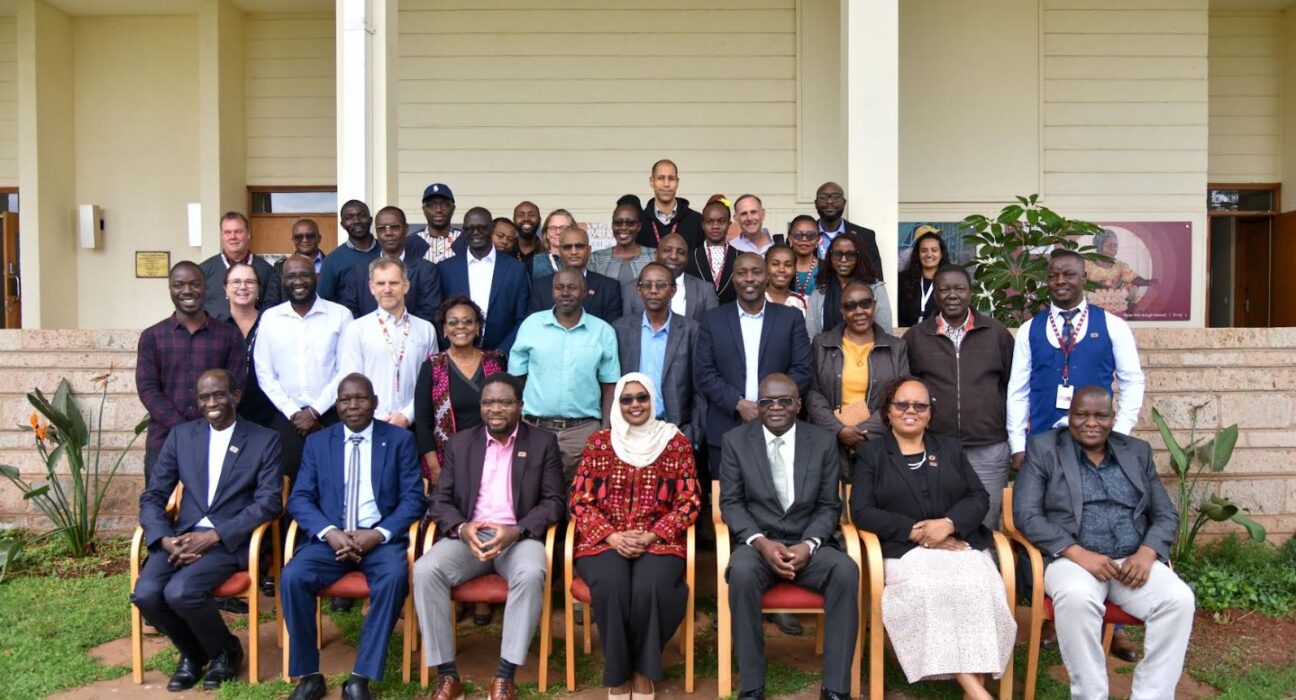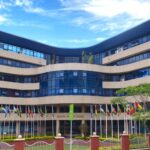The International Livestock Research Institute (ILRI), backed by the Bezos Earth Fund and the Global Methane Hub, has unveiled a three-year, US$3.35 million initiative to breed cattle that emit less methane, while boosting productivity and food security for millions of smallholder farmers across Africa.
The project, part of the Global Methane Genetics Initiative, will combine advanced genetics with Africa’s indigenous cattle breeds, helping countries strengthen climate resilience and align with global climate goals, including the 1.5°C warming target under the Paris Agreement.
Why This Matters
Livestock in Africa contribute 18% of global livestock methane emissions, with cattle alone responsible for 70% of emissions in Sub-Saharan Africa. Without intervention, these emissions could triple by 2050, undermining efforts to tackle climate change.
By improving indigenous cattle through selective breeding and advanced genetic tools, ILRI and its partners aim to:
- Reduce methane emissions permanently at the herd level.
- Improve productivity, cutting methane per kilogram of milk by 20–25% in five years.
- Strengthen food security and rural livelihoods, particularly for women and youth farmers.
- Build local scientific capacity to sustain long-term progress.
Key Scientific Approaches
The initiative will apply cutting-edge methods across five African countries — Kenya, Ethiopia, South Africa, Burkina Faso, and Benin:
- Measuring methane from 3,000 cows using laser detectors and mobile apps, linked to data from 9,000 cattle.
- Profiling rumen microbes in over 1,000 tropical cows to understand how gut microbes influence productivity and methane emissions.
- Genetic improvement of cattle to withstand heat, use fewer resources, and emit less methane.
- Capacity building through training technicians, strengthening breeding centers, and publishing accessible bull and cow rankings for farmers.
The improved climate-smart cattle will then be integrated into national breeding programs, ensuring widespread adoption.
Regional and Global Partnerships
ILRI will coordinate the Africa-wide initiative from its hubs in Nairobi, Kenya, and Addis Ababa, Ethiopia, in collaboration with leading institutions, including:
- Agricultural Research Council (South Africa)
- CIRAD (France)
- CIRDES (Burkina Faso)
- Université d’Abomey-Calavi (Benin)
Private sector leaders such as URUS and GENUS will support dissemination through breeding centers and farmer networks, ensuring impact reaches the grassroots.
The initiative also draws on expertise from Wageningen University & Research (Netherlands), which has pioneered global livestock genetics research.
Expected Impact
- 12% reduction in livestock methane over 20 years through annual herd-level improvements of 0.6%.
- 20–25% drop in methane emissions per kilogram of milk within five years.
- Publicly available genomic data to make breeding tools more accessible and affordable.
- Empowerment of smallholder farmers, particularly women and youth, with access to productive, climate-smart cattle.
A Step Toward Climate-Smart Farming
This initiative positions Africa as a global leader in climate-smart livestock farming, showcasing how traditional breeding knowledge, when combined with modern genetics, can address both climate change and food security challenges.
By reducing emissions while increasing productivity, the project provides a win-win solution for the environment and rural economies, offering a sustainable, low-cost pathway to methane mitigation that will last for generations.





